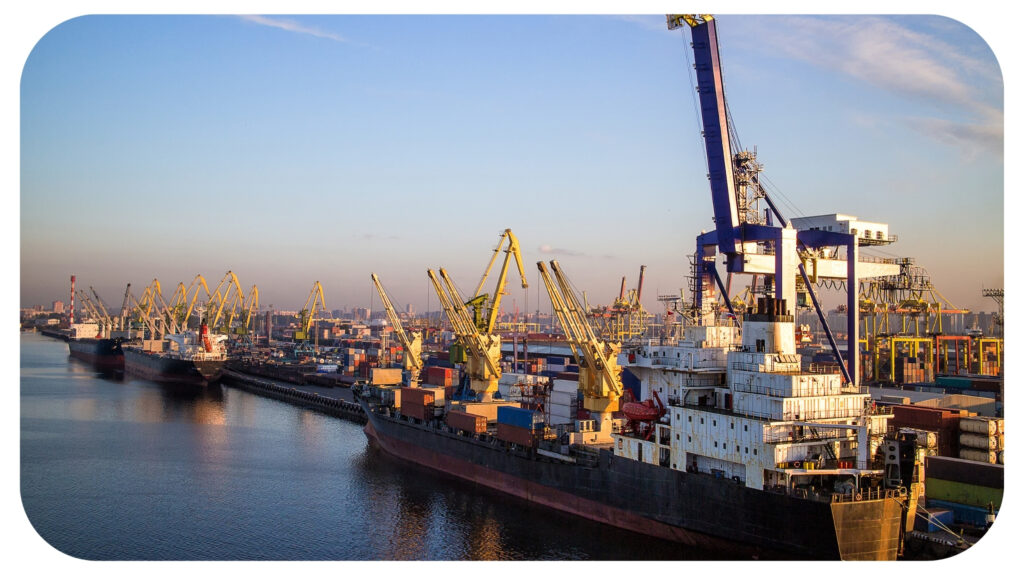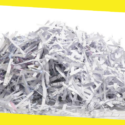Quality Matters: Choosing Marine Replacement Parts

Key Takeaways
- Reliable marine replacement parts ensure the safety and longevity of marine vessels.
- Investing in quality parts can save money and time in the long run.
- Understanding the specifications and compatibility is crucial when purchasing parts.
- Consulting expert resources can guide informed decision-making.
Table of Contents
- The Cost of Poor Quality
- Safety Considerations in Marine Parts
- Evaluating Cost Efficiency
- Ensuring Compatibility and Adherence to Standards
- The Role of Expert Consultation
- Long-term Benefits of Reliable Parts
The Cost of Poor Quality
The allure of cheaper options often leads to disappointment regarding marine replacement parts. The initial savings offered by low-quality parts are quickly overshadowed by the costs incurred through frequent replacements or part malfunctions. The durability and performance of components can’t be compromised for marine vessels that endure harsh environmental conditions. By investing in high-quality options such as Attwood replacement parts, vessel owners secure their vessels’ longevity and ensure safety and operational reliability.
Safety Considerations in Marine Parts
The safety of a vessel is directly interconnected with the quality of its components. The ocean is an unforgiving environment, and the integrity of a ship’s parts can make the difference between a smooth voyage and a disaster. Substandard parts pose significant safety hazards, potentially resulting in catastrophic failures that endanger the vessel, crew, and passengers aboard. Marine components must adhere to stringent safety regulations and standards to prevent such risks. Quality parts minimize the likelihood of mechanical failures, ensuring the vessel remains safe and sound even under challenging conditions.
Evaluating Cost Efficiency
There is an important distinction between cost and value when purchasing marine replacement parts. Quality does not always equate to extravagant spending. In many instances, a marginal increase in upfront costs can translate to significant savings over time. High-quality components often require less maintenance, are more reliable, and perform better—contributing to greater fuel efficiency and reduced repair costs. Evaluating cost efficiency means understanding how quality parts can positively impact the total cost of ownership. For example, articles from Boat International frequently demonstrate that where initial expenses on robust components might appear high, they often lead to fewer breakdowns and lower lifetime costs.
Ensuring Compatibility and Adherence to Standards
Ensuring that replacement parts are compatible with existing systems is not merely a matter of convenience but necessity. Incompatible components can cause inefficiencies, malfunctions, and even damage to other systems aboard a vessel. This alignment begins with understanding the marine vessel’s specifications and ends with ensuring that any new parts conform to recognized international standards. By doing so, vessel owners can guarantee optimal performance and regulatory compliance. This diligence also mitigates the risk of voided warranties, insurance complications, and safety hazards.
The Role of Expert Consultation
The marine industry is complex, with evolving technologies and regulatory standards. Engaging with marine experts when selecting replacement parts can provide invaluable insights and foresight. Professionals in the field are typically up-to-date with the latest advancements and can offer advice tailored to a vessel’s specific needs. This guidance helps in selecting parts that not only fit but also enhance a vessel’s performance. Expert consultation is a proactive approach, preventing costly mistakes and ensuring that the vessel remains operational and efficient.
Long-term Benefits of Reliable Parts
Reliable marine replacement parts are an investment in the future of the vessel. Beyond the immediate reduction in the frequency of repairs, such components often enhance performance and fuel efficiency. Over a vessel’s lifespan, these improvements contribute significantly to reduced operational costs, providing a compelling return on investment. Quality parts also minimize downtime, ensuring the vessel can maintain its operational schedule without disruptions. The cumulative benefits of investing in reliability extend from enhancing the vessel’s longevity to improving its resale value.
Recommended For You
Setting up an Office on a Budget – Seven Tips
Most Inside
Most Inside offers high-quality recommendations and valuable updates to enhance all aspects of your life, providing premium guidance and enriching experiences.




